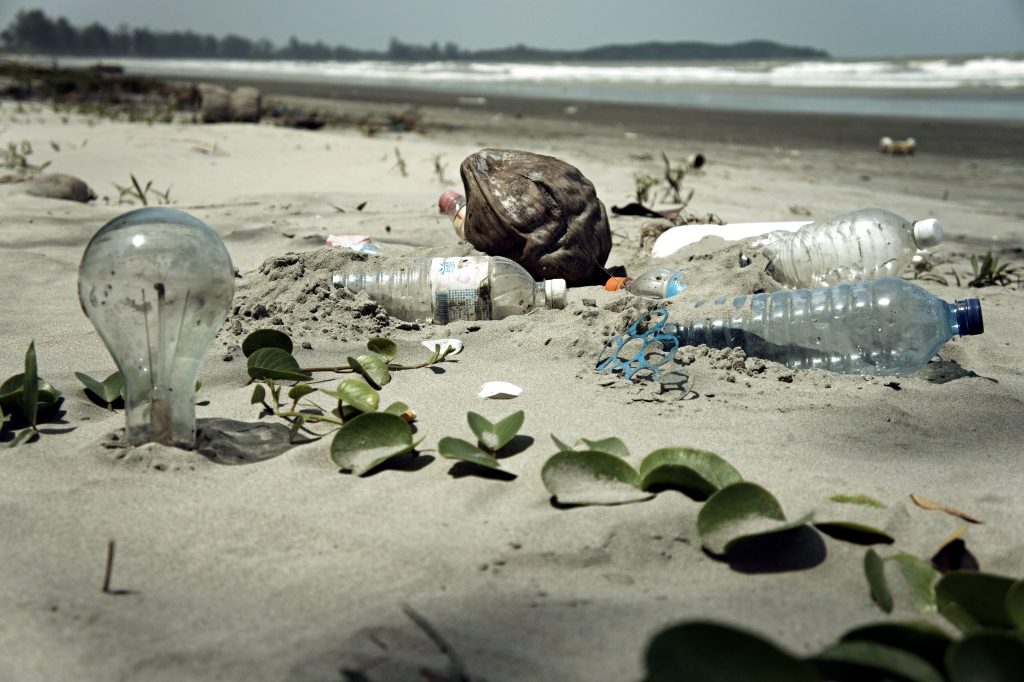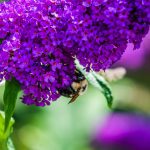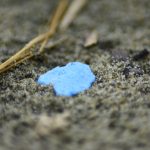Cost of Convenience: Steps to Stop Single-Use Plastics
Plastics are great: they make up our medical equipment, keep our food fresh, and can be found in most facets of our lives, but the convenience of single-use plastics comes at a cost. Every unnecessary piece of single-use plastic that we passively accept ends up in a landfill or worse, polluting our natural spaces like forests, deserts, and oceans and inhibiting the lives of plants and animals. Fortunately, there are easy steps we can take to mitigate our impact on the environment where plastics are concerned.
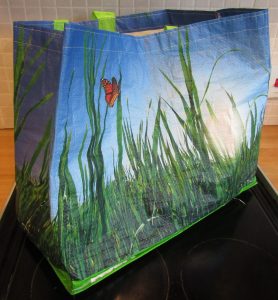 Bags
Bags
Plastic bags are one of the most pervasive sources of single-use plastic, yet they are also the easiest to avoid. Alternative bags can be nearly anything of course. I keep a reusable bag in my car. After I’ve hit the grocery store and put everything away, I hang it on my front door (inside) handle so I don’t forget it. Another key is being cognizant of telling a cashier “I don’t need a bag” when you don’t need one. It takes some presence because cashiers doing their duty may assume you want one even for a single drugstore item. By making a habit of declining bags and bringing your own, you keep single-use ones out of the consumption cycle.
Cups, Bottles & Straws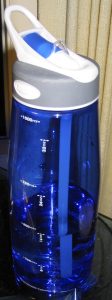
These latter two products are old hat at this point, but they’re nonetheless vital to highlight. For starters, bottled water is expensive. I don’t know about you, but I like to spend my hard-earned money on frivolous things like Charles Darwin pint glasses instead of something that comes out of the tap virtually for free. Beyond that, single-use plastic bottles are completely unnecessary when reasonable alternatives exist. A nice reusable bottle can be utilized instead of a single-use plastic one, which saves plastic, money, and they look cooler anyway. Straws are also pretty unnecessary. The only time you may want one is when you have a single-use cup with a lid that requires one. Skip the single-use cup for the sweet reusable bottle you now have after reading this article and problem solved! Many reusable bottles have straws built right in too. If your life functions on slow-roasted caffeine, get yourself a reusable coffee cup (sometimes called a tumbler or travel mug), and tell your barista to run what you brung rather than wasting a single-use café cup.
Takeout & Utensils
I avoid single-use plastic utensils by eating everything in wrap or taco form. If your diet differs, utensils, like plastic bags, are something you can acknowledge that you don’t need ahead of time. Letting the service person who’s making your to-go order know that you have utensils at home is an effortless way to nix the unnecessary plastic.
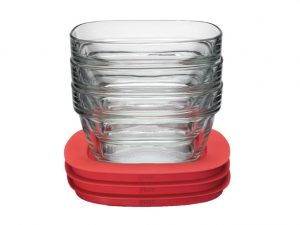 Butchers & Bakers
Butchers & Bakers
Whether it’s sweet treats or meats, buying goods that aren’t prepackaged is preferable. Fresh products can be transferred from the chopping block or the oven to a reusable container you brought especially for the occasion. Alternatively, many fresh butchers use butcher paper instead of plastic-wrapped styrene trays.
Planning ahead is the common theme for most of these measures. With some presence and habitual effort, these simple steps can go a long way to eliminating single-use plastics for good. Plastic Free July is a global movement encouraging people to be part of the single-use solution, so now is the perfect time to implement these changes in your life!
Photos sourced from Wikimedia Commons



